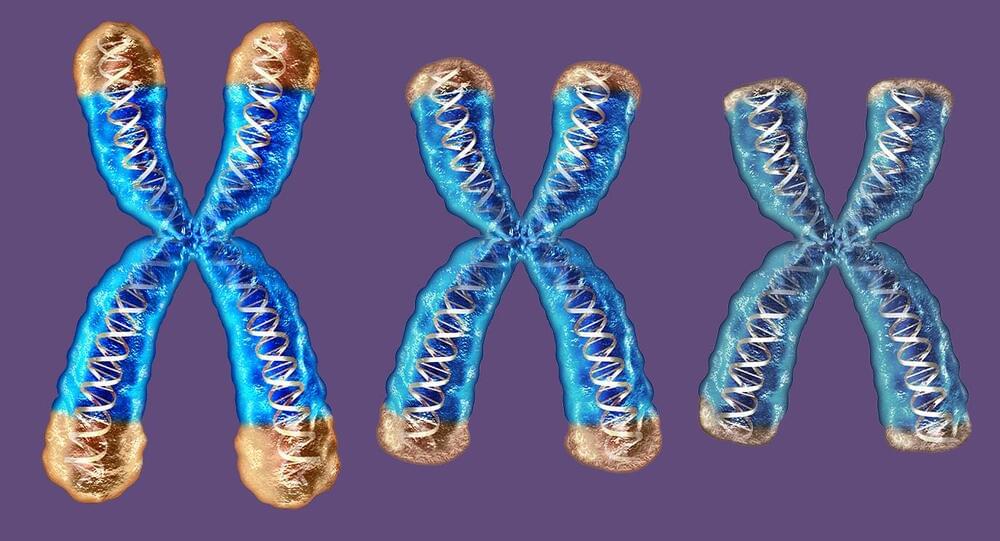MD Anderson researchers identify molecule that reduces age-related inflammation and improves brain and muscle function in preclinical models.
MD Anderson News Release June 21, 2024
Researchers at The University of Texas MD Anderson Cancer Center have demonstrated that therapeutically restoring…
The study, published today in Cell, identified a small molecule compound that restores physiological levels of telomerase reverse transcriptase (TERT), which normally is repressed with the onset of aging. Maintenance of TERT levels in aged lab models reduced cellular senescence and tissue inflammation, spurred new neuron formation with improved memory, and enhanced neuromuscular function, which increased strength and coordination.
The researchers show that TERT functions not only to extend telomeres, but also acts as a transcription factor to affect the expression of many genes directing neurogenesis, learning and memory, cellular senescence, and inflammation.
